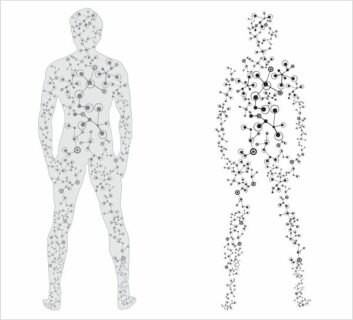Insight into the immune system
DFG provides transregional group with 13 million euros of additional funding for immune system research
Fundamental new insights into the functioning of the immune system and a new approach to treating autoimmune diseases: these are among the achievements of the transregional collaborative research centre TRR130 ‘B-cells: Immunity and Autoimmunity’, whose co-ordinator is Prof. Lars Nitschke of the Division of Genetics at FAU. To enable the successful work to continue, the German Research Foundation (DFG) will be funding the transregional group for another 4 years with 13 million euros, of which around one third will be assigned to FAU.
B cells are a part of the human immune system; if pathogens enter the body they release antibodies to combat the intruders. The researchers based at FAU, University of Freiburg and Charité Berlin co-operating in the group are looking at what causes B cells to produce and release antibodies. They want to better understand how an immune response is triggered. Their second main area of interest is the malfunctioning of B cells in situations in which the antibodies they release attack the host body. Severe disorders such as rheumatoid arthritis, systemic lupus erythematosus (SLE) – also known as butterfly rash – and multiple sclerosis can result from these autoimmune reactions.
Progress in the treatment of the autoimmune disease SLE
During the first period of funding, the researchers investigated the B cell antigen receptor that is responsible for the initial activation of B cells. They discovered that the receptor’s structure is in fact completely different to what had been assumed to date. Furthermore, the team was able to identify for the first time the mechanism that enables memory B cells to initiate a faster and greater release of antibodies if an infection reoccurs. It seems that they receive enhanced signals that enable them to mature into plasma cells more quickly and release antibodies in larger quantities.
In autoimmune diseases such as SLE, however, the plasma cells produce antibodies that attack the body itself. The researchers have been able to make progress here, too. Using a new treatment approach, they were able to kill off the plasma cells that occur in this form of disease.
Further information:
Website SFB TRR130 ‘B-cells: Immunity and Autoimmunity’
Prof. Dr. Lars Nitschke
Phone: +49 9131 85-28453
lars.nitschke@fau.de
